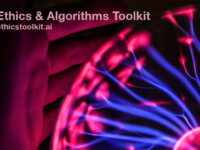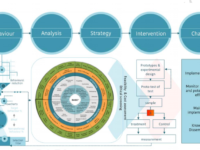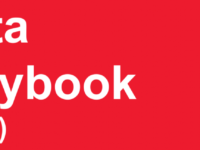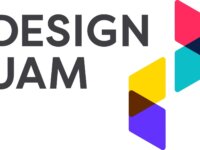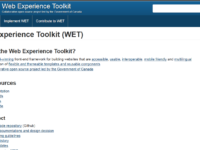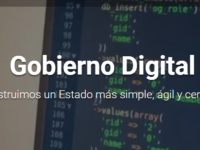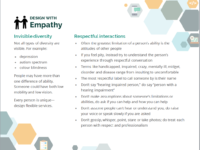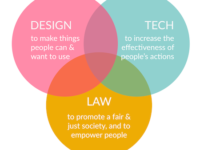Toolkit Navigator
A compendium of toolkits for public sector innovation and transformation, curated by OPSI and our partners around the world

The goal of this resource is to elicit conversation, encourage risk evaluation as a team, and catalyze proactive mitigation strategy planning around algorithm use in the public sector. It includes assessments and worksheets for assessing algorithm risk and managing algorithm risk. The publishers assume users have an understanding of their data and a basic understanding of algorithms.
BASIC (Behaviour, Analysis, Strategies, Intervention, and Change) is an overarching framework for applying behavioural insights to public policy from the beginning to the end of the policy cycle. It is built on five stages that guides the application of behavioural insights and is a repository of best practices, proof of concepts and methodological standards for behavioural insights practitioners and policymakers who have become interested in applying behavioural insights to public policy.
The…
The resource was developed for IFRC and National Societies to develop their literacy around data, but it could easily be applied to other organisations. It aims to promote responsible data use and develop data readiness. It has been tailored based on these audiences:
The Data Curious, who needs an ‘on ramp’ to learn and be exposed to the data basics.
The Data Advocate, who sees relevance and and wants to improve their skills and/or offer support.
The Data Active, who are motivated to…
This resource is focused on collaboration around designs for solving product problems, specifically on the topics of trust, transparency and control concerning the use of personal data. The methodology used was inspired by those from the Stanford d.school and IDEO. The toolkit is split into four sections – Plan, Discover, Ideate and Prototype.
The resource contains over 20 guided activities and supporting materials (including downloadable worksheets) covering materials for planning and running…
The website is aims to be a major knowledge broker in the behavioral sciences, particularly behavioral economics and related areas (nudging, behavior change, etc.). The site contains a guide (published annually), a blog, a LinkedIn group, and job board. The site’s mission is to connect people, provide resources, as well as promote the growth and relevance of the discipline. Note that behavioral economics is a specific application of behavioral science. Downloading the guide requires you to…
A front-end framework for building websites that are accessible, usable, interoperable, mobile friendly and multilingual for the Government of Canada and beyond, the resource includes a collection of of flexible and themeable templates and reusable components and related guidance. Content is also available in French.
Principles and guidance for developing digital services in Argentina and beyond. The resource is available in a Github repository and includes 9 principles, indicators, and standards for API's, website, mobile applications, and others.
Inclusive design is designing for the full range of human diversity in ability, language, income, culture, gender, age and other characteristics. This toolkit includes a series of cards to use early in a design process to help sketch, plan, prototype and design content, interactions and processes. It covers inclusive physical, audio, visual, and thought experiences. PDF and editable Word document available via the publisher's Github page.
The Open Data Board Game is a board game built around the creation of tools using data. A physical board game journey might involve clearing datasets for release as open data, achieving a certain data quality, and ultimately connecting data sets with a start up, SME or government to deliver economic, social and environmental benefits.
It is a Github code repository that contains all the things that are needed to create the game. It is a work in progress, according to the publisher. Requires some…
This is a set of resources for designers who are approaching legal challenges with a creative, generative, human-centered approach. The toolbox provides guides, tools, and examples to help you scope & tackle these challenges with design. It includes a Legal Communication Design Toolbox, a Legal Design Pattern Library, and a Legal Product Typology. It covers policy prototyping, visual design, and data visualisation.

